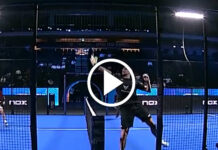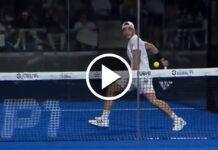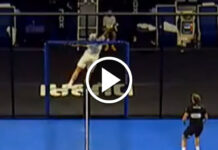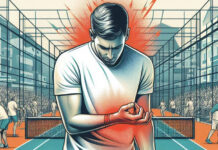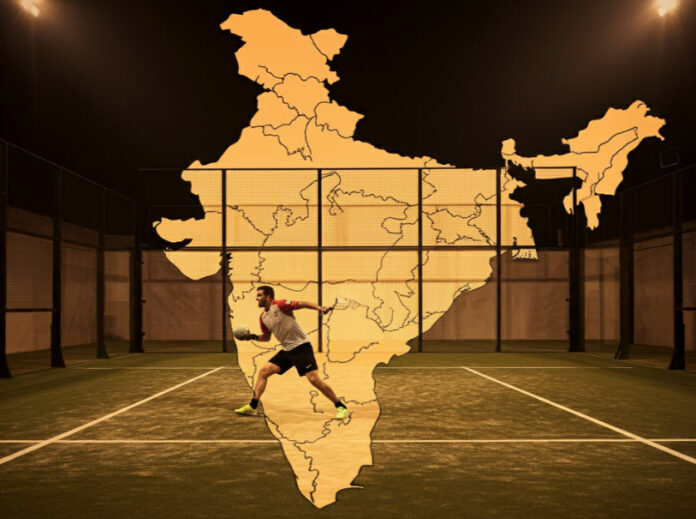Move over golf, there’s a new sport taking the Indian corporate world by storm. It’s called padel, a fast-paced racquet sport with a social twist that’s captivating executives and entrepreneurs alike. From boardrooms to padel courts, the buzz is undeniable. But what exactly is this captivating game, and why is it gaining such rapid attraction?
Padel is a blend of tennis and squash, played on a smaller court enclosed by glass walls or wire mesh. This unique combination of accessibility, social interaction, and invigorating gameplay has struck a chord with busy professionals seeking a healthy escape from their demanding schedules. The sport originated in Mexico just 55 years ago, but it’s now making waves globally.
Padel’s simplicity is a major part of its appeal. The smaller court, underhand serve, and forgiving walls make it easier to pick up than tennis, requiring less strength and technical skill. This makes padel accessible to people of all ages and fitness levels, allowing colleagues to connect on a level playing field. The fast-paced rallies and strategic use of walls keep players on their toes, which is both exhilarating and stress-relieving.
Unlike the often solitary nature of golf, padel fosters camaraderie and teamwork. Typically played in doubles, it encourages communication and collaboration, strengthening bonds between colleagues both on and off the court. Padel clubs and facilities are becoming popular hubs for networking and socializing, providing a relaxed environment for professionals to connect outside of the office.
Leading figures like Parth Jindal (JSW Sports), Ankit Agarwal (Sterlite Technologies), and Shreevar Kheruka (Borosil) have all embraced padel, praising its ability to foster teamwork, relieve stress, and provide a fun, competitive outlet. The sport’s rapid rise is evident in the increasing number of padel courts coming up across major Indian cities, catering to the growing demand.
Padel is more than just a sport; it’s a lifestyle choice that reflects the evolving priorities of India’s corporate elite. As padel continues its ascent, it’s clear that this dynamic sport is here to stay.
Could padel become the new golf of corporate India? Only time will tell, but for now, it’s certainly making a strong case for itself.










